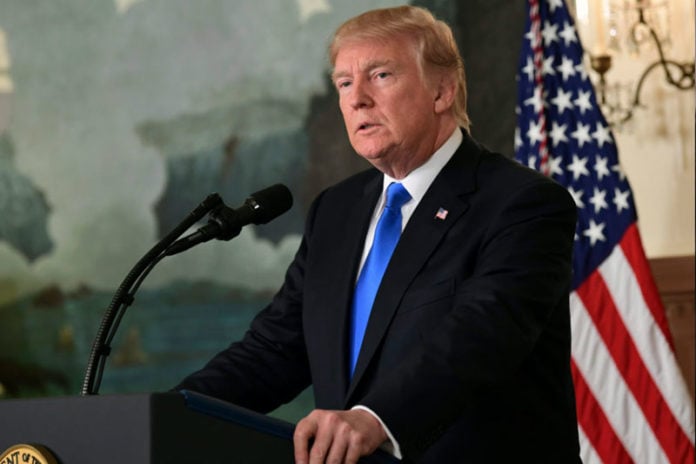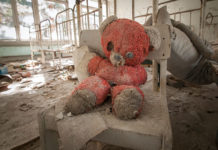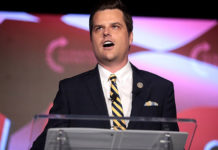The United States is pushing for a more comprehensive and rigorous standard for United Nations (UN) nuclear inspections. On America’s wish list for these new standards – targeting Iran’s nuclear program – is increased transparency and access to nuclear sites.
A cohort of 13 Senators has petitioned UN Ambassador Nikki Haley to push for changes to inspection protocol beyond what was allowed by the worthless Obama-era Iran Deal. The Senators want better inspections of military sites, to see if non-nuclear components of a nuclear bomb are being researched, and much more rapid access to remote sites so that research and nuclear materials don’t have time to be hidden or moved.
The Trump administration is said to be 100% in support of the Senators, and completely on board with these tougher inspecting measures which also have the added benefit of making it harder for Iran to certify that it has met key criteria of the existing Iran deal, as the Trump Administration works to dismantle the horrible deal. In fact, even without any upgrade to the inspection standards, Iran has still been found in violation of the generous and weak terms of the Obama-era Iran Deal.
The letter, which was led by the Senator David Perdue and a delegation of the top GOP senators, urged the United States to force the United Nations into accepting a tougher new nuclear inspection regime in Iran in order to shed more sunlight on the country’s hidden nuclear efforts.
Many of Iran’s most contested military sites and the uranium enrichment plants have been made off-limits to the international inspectors or subject to a delayed timeline that had given Iran at least a month to further prepare for inspections, a part of these nuclear agreement that has come under the particular criticism from those who say that it gives the Islamic Republic enough time to cleanup and hide the possible nuclear work that is falling outside of the accord.
The senators also highlighted a series of the “shortcomings in the inspection and verification regime” led by the International Atomic Energy Agency, or IAEA, which has itself admitted very recently that it does not have a complete picture of Iran’s current nuclear program.
A major “deterioration in the amount and quality of the information provided by IAEA inspections [has] prevented the inspection and verification regime of the JCPOA from being as thorough and transparent as possible,” the senators wrote, referring to the nuclear deal by its official acronym.
The U.S. Mission to the U.N. is reported to fully back these tougher inspection requests and is already pushing in for a change at Turtle Bay.
“The senators’ letter is completely in sync with Ambassador Haley’s concerns about Iranian nuclear inspections,” a spokesperson representing U.S. Mission told the sources on Monday, several days after the senators had first sent their letter.
Haley “will continue to press for the most aggressive implementation of the nuclear deal, while also working to move the U.N. toward stronger measures against dangerous Iranian actions that fall outside of the deal, including their missile testing, arms smuggling, and support for terrorism,” the had official said.
A spokesperson for Perdue’s office also described the letter as part of their larger bid to crack down the flaws in the nuclear deal.
“It’s very clear President Obama’s dangerous Iran Nuclear Deal doesn’t have the teeth he claimed it would,” the congressional official said. “President Trump was right to decertify this deal, and now we have to turn up the pressure on the IAEA to get more detailed reporting and ensure all potential nuclear sites—including military installations—are inspected thoroughly.”
“Senator Perdue is encouraged Ambassador Haley has brought these issues to the U.N. and supports her effort to get better information about Iran’s nuclear activities,” the source further added.






























